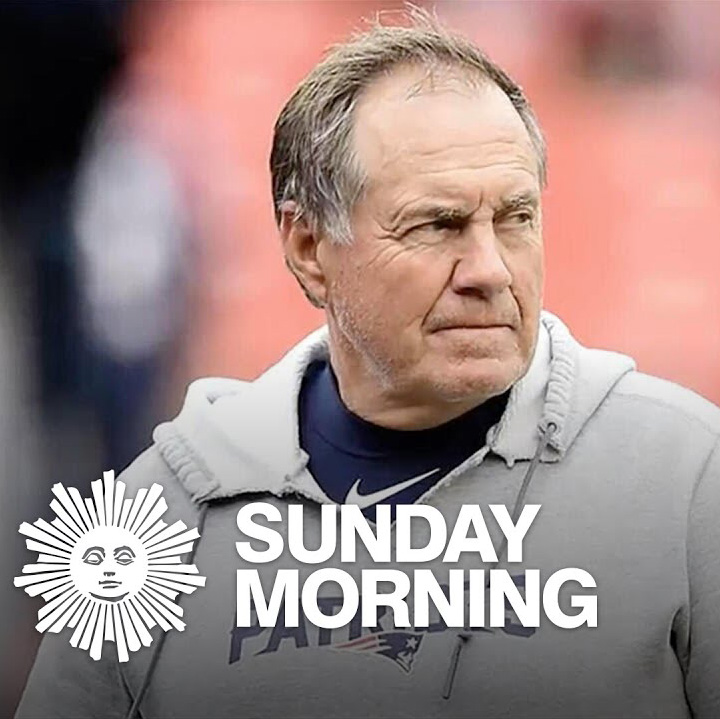Coach Bill Belichick is wrong.
And as a lifelong Patriots fan, it pains me to say so. For a guy whose brand was “Do your job,” he seems to have overlooked the fact that we PR people have our own jobs. He’d be well-served by bringing one of us onto the field right now.
As someone who practices and teaches PR, I was gobsmacked by Coach Belichick’s interview on “CBS Sunday Morning.” His naivete about how the press works and his expectation that he could direct the interviewer to focus solely on the contents of his book are ridiculous. This is a man who’s been interviewed by the press for 50+ years. When have they ever asked for his guidance on what to ask him?
I’m especially amazed at his fallback position when the interview didn’t go as he expected. First, he blamed his publicist. Followed by claims of “selective editing” and “false narrative” from “CBS Sunday Morning.” Stop me if you’ve heard those tunes before.
Here’s my (unsolicited) advice for you, Coach, to get you used to playing on my field:
- Reporters don’t work for you
You have no right to dictate how a reporter does his or her job. As PR people, we can and often do set the stage for an interview. We set up interviews by outlining the topics our clients are prepared to discuss. But that doesn’t mean we have the right to tell them how to do their job. And it doesn’t include bullying them into narrowing their focus to what you want to talk about. - Reporters do work for those who follow their work
ournalists gain credibility with their audiences by doing their jobs – reporting. People read and listen to them because they rely on their take on things. And it’s that hard-earned trust that makes what they say credible. It’s why you go on a book tour. You want them to say nice things about what you’ve written because that trusted commentary will shine positively on it. - The off-camera voice never plays well
Interviews are about the person on-camera. PR people often go with their clients for comfort, but once the camera rolls, our job is to keep our mouths shut. We never want to look like we’re trying to control the conversation. That (rightly) makes reporters cranky. Much has been focused on the source of that off-camera voice in Belichick’s case. I’m not going there. Where I am going is sharing how the pros do it. - Media training, even for the experienced, makes all interviews better
Even someone who’s been in the media spotlight for 50 years can benefit from media training. Yes, you’ve done a million interviews, but that was as an NFL Coach of the Year. Your curmudgeon brand served you well then. It’s what we fans came to know and love about you. It doesn’t serve you well in your new life. You’re now playing a new position, so the rules have changed. Didn’t you have a similar conversation with Devin McCourty when you moved him from cornerback to safety? New position. New strategies. It’s the same thing here. - Interviews that don’t go the way you planned are a way of life
A good story, say a winning coach who’s writing about lessons from his 50 years in the NFL, is something lots of folks want to cover. If some of those interviews go south, welcome to my world. On the whole, a good story is a good story. You’ve sure got that. Ride the good ones and walk away from those that didn’t go your way. Following up by trashing the media does nothing for you or your book. I suspect you gave your players similar advice after a loss.
Here’s the Bottom Line
In your new life, you no longer have the control you’re used to but the outcome – winning – is still possible. Just let reporters do their jobs and you’ll come out on top – again.
A version of this post appeared in PRNewsOnline:
https://www.prnewsonline.com/coach-bill-belichick-is-playing-on-a-new-pr-field/





